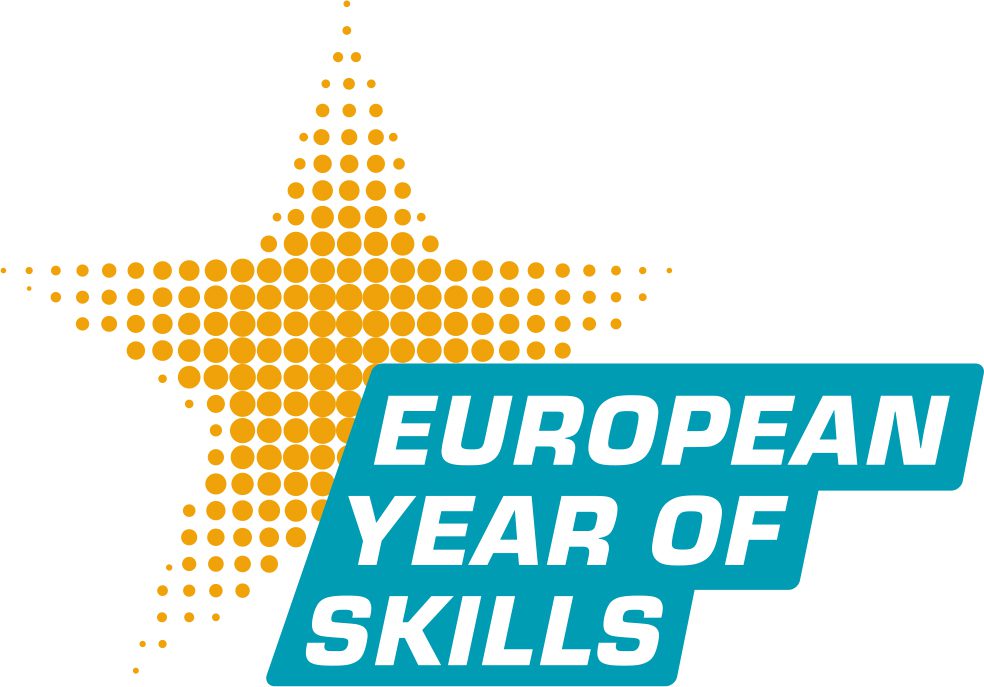The European Union is a strong promoter of the importance of Skills, which are especially relevant in today’s market. Through a number of initiatives, the EU supports young women and men across the Southern Neighbourhood to develop their competences and secure a promising future. In this Flashback series, we speak to individuals who benefited from these projects. Today, they reflect on the positive impact this EU support has had on their life.
Najla Almissalati is a fierce advocate of women’s talents in technology and engineering. With the support of the EU and other partners, she founded SheCodes, a company that trains Libyan women on computer programming and coding, providing them with the necessary skills to better access the job market.
When you embarked on this journey, what were your dreams?
As a child, I was fascinated by technology and understanding how things worked. I was the type of kid who would take apart a toy just to see what was inside. But as I started my electrical engineering degree in college, I was hit by a harsh male-dominated reality, where I was completely dismissed because of my shyness. There were unwritten rules imposing constraints on how women should behave which really affected my ability to learn. I remember how I was doubting my chances of succeeding in anything because of that.
As my journey went on and I got a job at a research company, I learned that, with the right support, you can gain confidence and achieve your full potential. This is the realisation that triggered me: I wanted to provide the same supportive and nurturing environment to other women, creating a space where they could safely learn coding and explore STEM fields.
I dreamt of a place where women could freely ask questions and delve into technology in a supportive community, without fear of judgement or hesitation. It was all about empowering young Libyan girls, from an early age, by instilling in them the belief that they could speak up and excel in areas stereotyped as ‘for male-only’ like engineering and tech.
What skills did you gain through the EU-funded ‘Support to Libya for Economic Integration, Diversification and Sustainable Employment’ programme and how did they help you advance your dreams?
If I had to pick one, I would say public speaking was the game changing skill.
When I began my career, I struggled immensely with public speaking, not just on stage but even in meetings. Only the thought of it would make me sick to my stomach and I would end up barely whispering. Often, my male colleagues would even say my ideas out loud and get recognition for them.
I was determined to overcome this and, with the help of mentors, I pushed myself out of my comfort zone and I gradually became comfortable with presentations, interviews, and speeches. One of the most effective strategies was recording myself repeatedly to see where I was struggling. While I’m still a work in progress, I can say that improving my public speaking has transformed my professional (and personal) journey!
Today, what is your proudest achievement?
I believe what I am most proud of is my willingness to ask questions and consistently step out of my comfort zone. Over the years, I have come to realise that if you ever believe you’ve reached a point where there is nothing more to learn, you are essentially halting your own growth. I have observed individuals who claim they have no weaknesses and have mastered everything they do: this is when they stagnate and stop evolving.
Instead, I find that by self-evaluating without tearing myself down, I can acknowledge my strengths and also identify areas where I need to improve. This self-awareness allows me to always refine my skills and take the steps to become more impactful in everything I do.
Flashback on: https://south.euneighbours.eu/story/she-codes-european-union-empowers-libyan-women-through-technology-and/
https://www.facebook.com/watch/?v=2247688025281691
She Codes website https://shecodes.ly/





























 Syria
Syria 